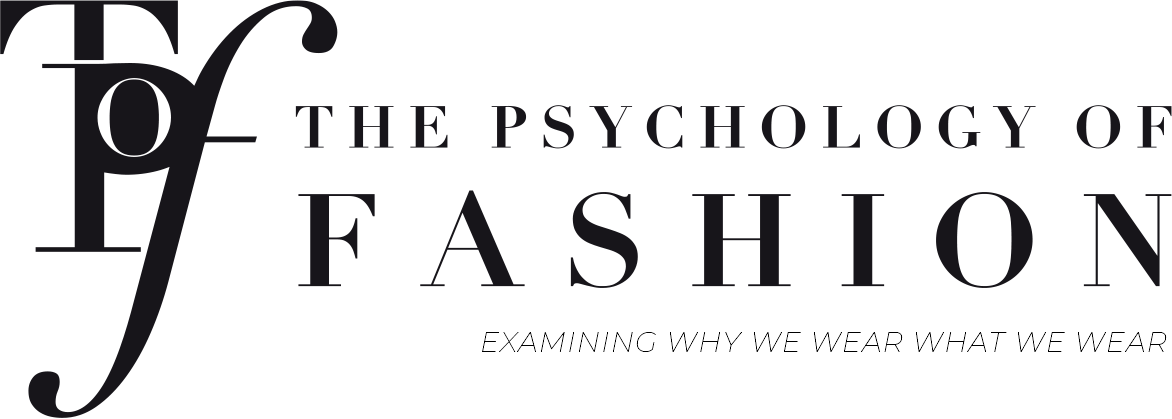When I tell people that I’m 24-years-old, I’m often met with responses such as ‘you’re such a baby!’ and ‘you have your whole life ahead of you’, yet what many don’t know is that behind the forced grateful smiles, there has been a build-up of anxieties about turning 25. I know that I’m not alone in this. From my friend quitting her job and unconsciously joining a pyramid scheme due to a suspected quarter-life crisis at 25, to other people I know in their twenties struggling to feel as though they’re far from where they want to be in life, it’s safe to say that anxiety about getting older, whatever your age, is real. From fearing that we haven’t achieved enough, to worrying about our love lives (this a super weird time to be dating), the path to our best life has never been less clear.
Since always, youth has been idolized, and women have been conditioned to believe that we need to conform to certain standards by a particular age. From having children, to being successful, and always looking our best, women are made to believe that the best years of our lives end just after 30. If you’re 25, this makes you feel like you don’t have much time to seize the day. WhichI know, considering today’s life expectations, is absurd, but that’s what it feels like. This obsession with age is creating a generation of anxiety-ridden women who are finding it harder and harder to live happily in the present.
The representation of women at different ages in mainstream media doesn’t help. I remember reading a magazine featuring an ad with Sophie Loren, with of course, a big plate of spaghetti and a family gathered around, a typical matronly cliché. I get that she’s Italian, and the whole pasta and pizza thing was part of her brand, but it would be nice to see Sophia doing other Italian things. Riding a Vespa around Rome, perhaps. Women are still constantly reduced to stereotypes. ‘Busy mother’, or a face of anti-ageing products. Even entrepreneurs who happen to have children are turned to “mompreneurs”. Furthermore, luxury brands who are known to create styles for women of a wider age spectrum such as MaxMara and Stella McCartney use teenagers and women in their early twenties in their ad campaigns: what’s worse Gigi Hadid for MaxMara or Kaia Gerber for Omega watches? A great way to alienate your main consumer group. Even feminist champions such as American writer and filmmaker Nora Ephron miss the mark. In her book I Feel Bad About My Neck: And Other Thoughts on Being a Woman, Ephron writes, “Oh I how I regret not having worn a bikini for the entire year I was twenty-six. If anyone young is reading this, go, right this minute, put on a bikini and don’t take it off until you’re thirty-four”. As much as this message may have seemed empowering in its time, Ephron also gives our bikini-body a shelf life: thirty-four.
While it could be said that celebrities such as J.Lo, Heidi Klum, and Halle Barry are defying the odds by looking so young and physically fit for their age, I can’t help but think about the amount of resources they have access to in order to help them look that way. The average woman doesn’t. Even beauty ad campaigns which are supposed to level with women, at least a little bit, contradict themselves. Lancôme over-airbrushed Julia Roberts for their Teint Miracle Foundation campaign, which resulted in it being banned in the UK by the Advertising Standards Authority. Maybelline is selling a foundation called “The Eraser” which is nothing less than a traumatizing name for a beauty product. When will the catastrophizing of aging end?
More importantly, how can we change this negative, limiting narrative for ourselves? I turn to fashion. My personal style has always been a way to declare and claim my identity, and a way of rejecting societal rules, fashion or otherwise. I don’t do style rules, I dress to foster feeling comfortable with myself: an (almost) 25-year-old woman still figuring it all out.
Recently, I went on a first date wearing a long orange silk skirt paired with open-toed black chunky sandals, and little black bag with a yellow faux fur handle. This outfit may have been seen as a faux pas in the eyes of some (maybe a bit too eclectic and hence deemed risky for a first date?), but there was no doubt in my mind that this outfit represented me at that current stage in my life. I felt like a beautiful 90s chick on the outside, even though I felt like a nervous, giddy little girl on the inside. (PS the date went great!)
As I draw closer to my 25th birthday, I approach it with slightly more ease and while I know that fashion won’t solve all my anxieties about aging, I know I can use style to tap into my sense of self, whatever may be happening. Worrying about getting older is part of the human condition. But so is the electric feeling that comes with finding the perfect outfit.











In the world of post-pandemic dressing, one word has taken social media by storm: cheugy (pronounced: chew-gee). In the worlds of fashion and lifestyle, cheugy describes a look, a thing or a person that’s considered out of date.